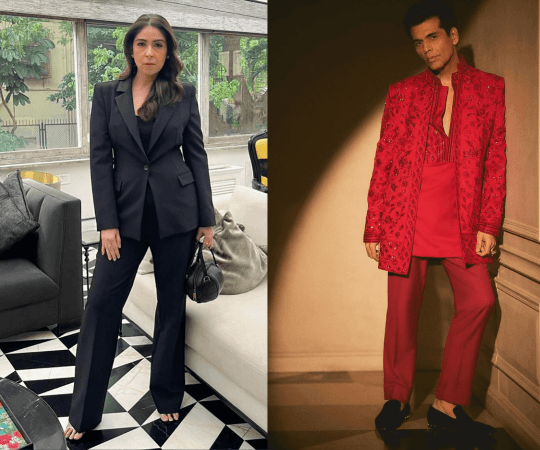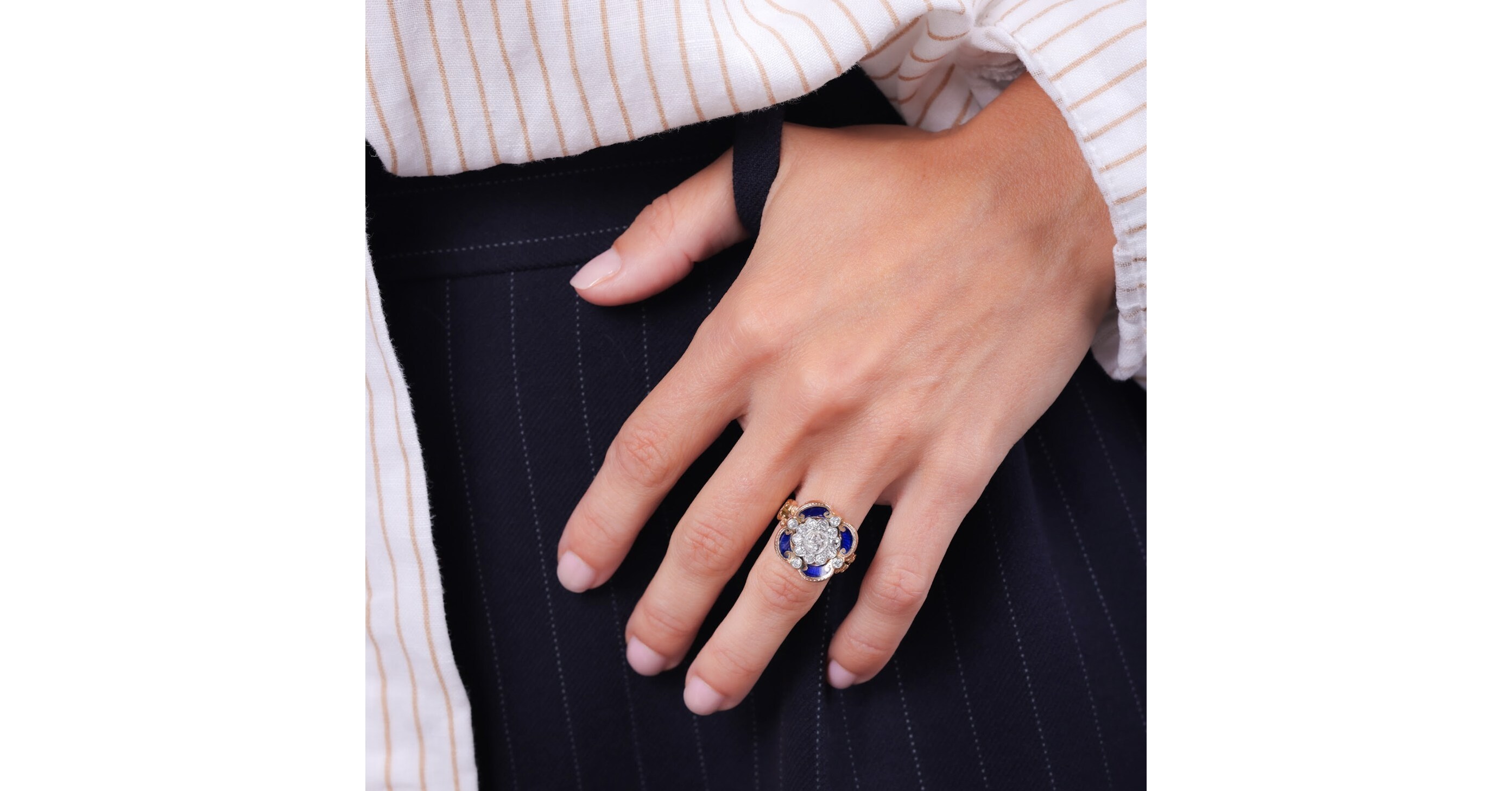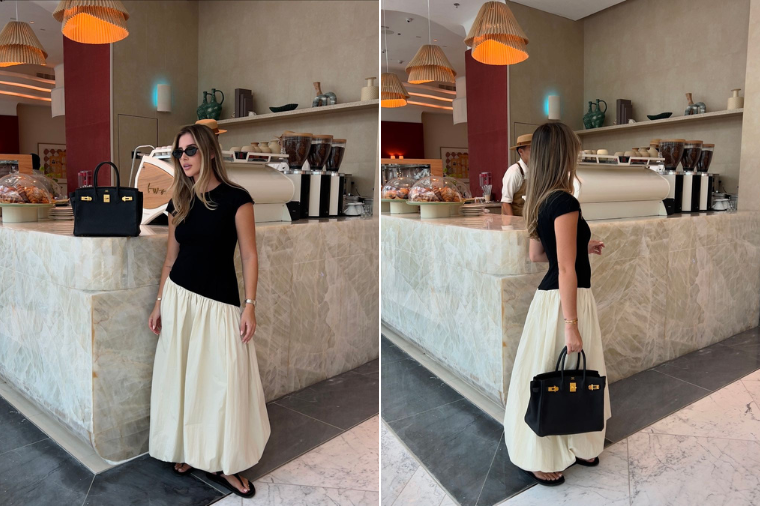BENGALURU: Food is often a unifying force cutting through all barriers. After all, who doesn’t love good food? But in a society divided by caste, food and eating are plagued by political violence, discrimination and notions of purity and impurity. Dalit cuisines, particularly, are forgotten in mainstream conversations around Indian food.
In such a context, what happens when people of all social locations come together to share a meal and stories of their relationship with caste and food? Theatre artiste Sri Vamsi Matta explores these questions through an ongoing three-day series this weekend. It kicked off yesterday with a talk on caste, medicine and nutrition. Today, a workshop, ‘Popula Dabba’ allows anyone with an arts practice to explore memory and identity, using food, before culminating in a performance of ‘Come Eat With Me’, on Sunday.
The performance explores the relationship between caste and food through community histories, autobiographical narratives, and inter-caste dining. “We only talk about caste in terms of atrocities, discrimination or when people talk about reservation. But caste exists in infinite different ways.
It defines what you eat, who you love, who you marry and where you get a job. In the culinary history of India, there’s a huge void in the documentation of marginalised foods of marginalised folk. They are just passed down from person to person as oral history,” says Matta.
The performance became a way for Matta to document and shar.


















